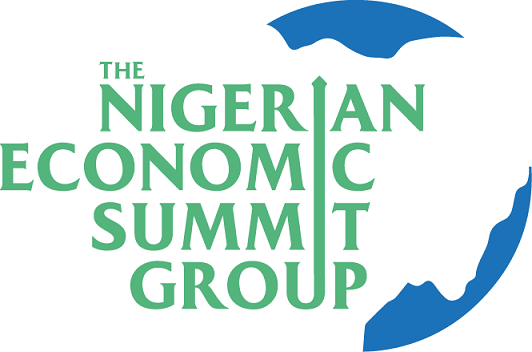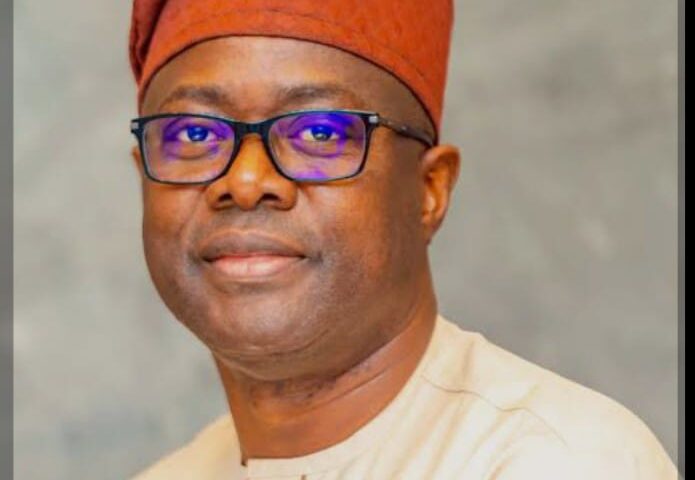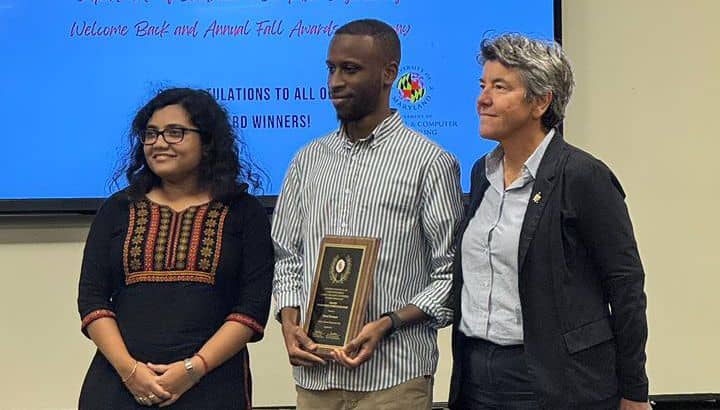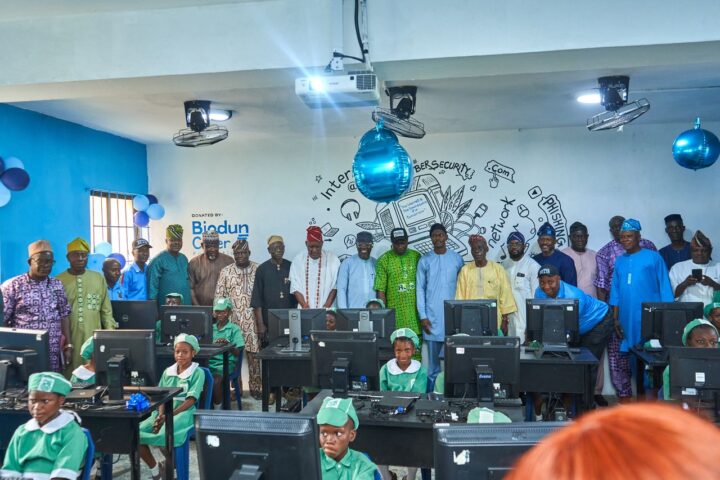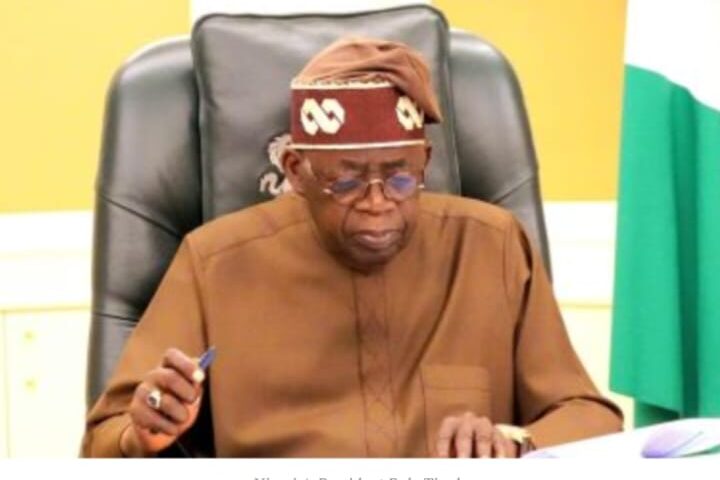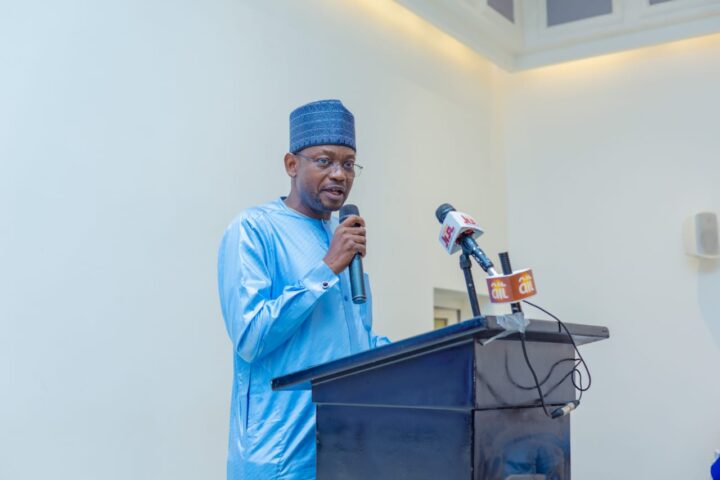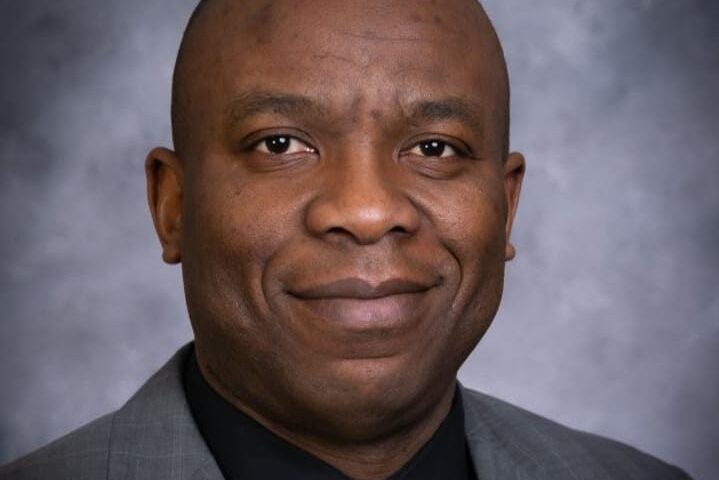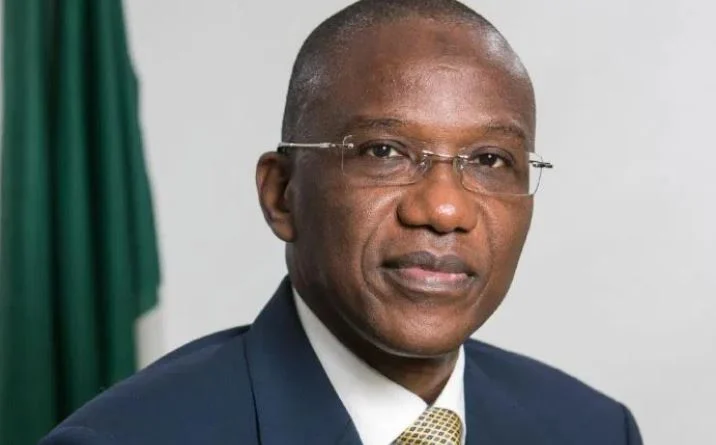Mohammed Shosanya
The Nigerian Economic Summit Group (NESG) has advocated the need for the integration of digital
technologies into Nigeria’s education system.
The group gave the recommendation at a pre-summit webinar in preparation for the 30th Nigerian Economic Summit, where it sought the integration of digital technologies into Nigeria’s education systems.
The webinar, which was held on Tuesday with the theme, “Closing Gaps and Adapting to New Economic Conditions,” brought together key stakeholders to explore strategies for addressing the decline in Nigeria’s education sector and adapting to current economic reforms.
The goal of the event was to develop actionable policies and measures that address both immediate and long-term challenges in the sector.
“Education is fundamental to a nation’s development, directly impacting its economic and social stability.
“However, Nigeria’s education sector is currently facing significant challenges, such as unequal access to quality education, a mismatch between the skills taught and those needed in the labour market, and a lack of digital technology integration.
“Closing these gaps is vital for creating a more inclusive and competitive education system,” NESG said.
Speaking,NESG’s Board Member, Ms. Wonu Adetayo, pointed out that Nigeria’s literacy rate stands at 62%, with significant disparities between urban and rural areas.
She noted that the nation’s education sector faces substantial gaps, particularly in eliminating barriers to completing primary education, which is at 35% in rural areas compared to 80% in urban areas.
She underscored the importance of addressing education challenges such as unequal access, the mismatch between the school curriculum and industry needs, and integrating digital technologies into education systems.
She noted that over 50% of graduates are under-employed due to the disconnect between education and labour market needs.
She said: “With over 40% of Nigerians aged 15 to 35, it is crucial to provide access to quality education and skills development to reduce unemployment risks.
Adetayo emphasised that digital tools can enhance learning, but the digital divide must be addressed.
“Only 36% of schools have access to digital learning, and there are still challenges related to inadequate teacher training and infrastructural deficits.
“Closing these gaps is essential for building an inclusive and competitive education system, which could boost Nigeria’s GDP by 10%,” she explained.
The event focused on creating a holistic framework to leverage technology and foster inclusive growth, with an emphasis on actionable recommendations.
Professor Bolanle Ogunbamila, Head of the Secretariat at NESG’s Triple Helix Roundtable, shared insights on fostering effective collaboration between industry, academia, and government to address the skills gap and drive innovation.
He noted the importance of promoting continuous education and facilitating an exchange of ideas between academia and industry.
Ogunbamila also highlighted the need for an immersion programme to remove policy and regulatory barriers.
Dr. Hakeem Onasanya, Head of Startups at Lagos Innovates, Lagos State Employment Trust Fund (LSETF), harped on the importance of leveraging the start-up ecosystem and funding models.
He emphasised that the quality of education affects everyone, and when it fails, society as a whole suffers.
Onasanya pointed out that startups play a crucial role in attracting the right talent and that the curriculum should align with workforce needs.
He suggested establishing tech hubs in tertiary institutions and reducing internet costs for students.
He recommended incentivising students through alumni associations to encourage them to give back to their schools.
Dr. Modupe Adefeso Olateju, Founder of The Education Partnership (TEP), presented evidence-based policy recommendations for closing the skills gap.
She noted that about 18.3 million children are out of school from the primary to senior secondary levels.
A study by the TEP Centre in 2018 found that 55% of children in JSS3 can only read at the level of a child in Primary 2.
Dr. Olateju reiterated the mismatch between the curriculum and labour market needs and the necessity to invest in programmes that enhance skill competencies in schools, foster critical thinking, and utilise tools to scale -up learning.
She also highlighted the lack of sufficient capacity to absorb skilled and competent individuals within the country and stressed that skill development must be adequately funded.
Dr. Joy Isa, Chief Executive Officer of Isa School of Education, discussed best practices in delivering inclusive and quality education.
She emphasised the critical role of teachers in education quality, noting that teachers account for a 30% variance in student learning outcomes.
Isa highlighted the shortage of qualified educators in Nigerian communities and the need to address this issue to improve education quality.
Overall,the pre-summit webinar emphasised the need for a holistic and collaborative approach to addressing the challenges in Nigeria’s education sector.
By bridging gaps and adapting to new economic conditions, Nigeria can ensure sustainable economic growth and social stability.
The pre-summit event also designed to explore how collaborative efforts can promote inclusive development and drive innovation in education, thereby contributing to the broader objectives of NES #30.
By focusing on inclusive growth, innovation, and digital transformation, the event set the stage for developing strategies that address both immediate and long-term educational and economic needs.
This approach aims to bridge the gap between education and the labour market, equipping students with the necessary skills for meaningful employment in a dynamic economy.
The discussions from this pre-summit event would inform the 30th Nigerian Economic Summit, scheduled for October 14-16, 2024, at the Transcorp Hilton Hotel in Abuja.
The summit aims to foster diverse perspectives and collective expertise to address common challenges and create sustainable economic progress for Nigeria and the African continent.


